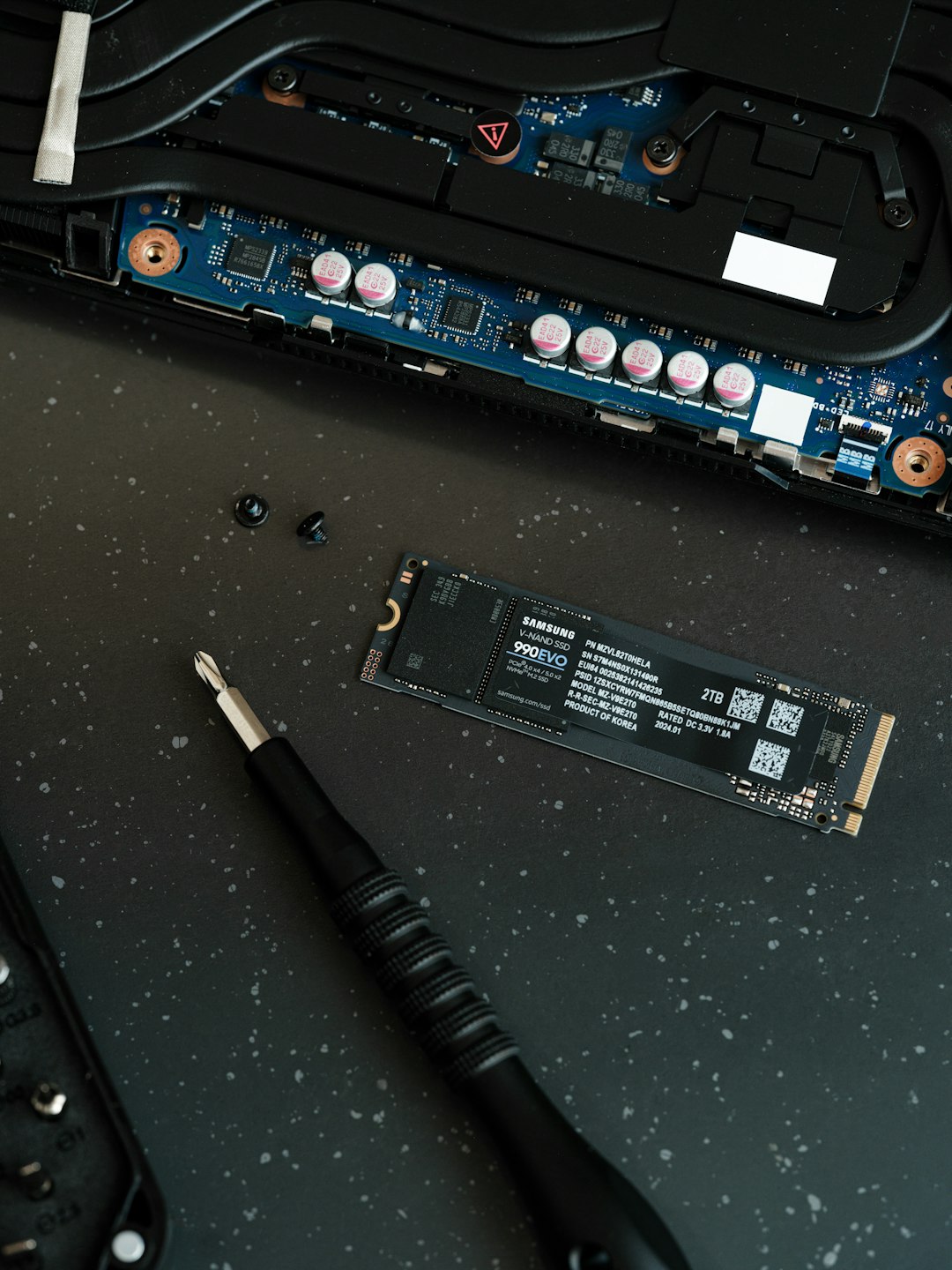As artificial intelligence continues to evolve, it’s reshaping how we approach almost every industry—including digital marketing. One of the most impactful changes lies in the world of Search Engine Optimization (SEO). Integrating AI tools into your SEO strategy doesn’t only streamline workflows; it brings higher-level insights, smarter keyword forecasting, and significantly better user experiences. But how can you best use AI to boost your SEO performance without falling into automation traps?
1. Utilize AI for Enhanced Keyword Research
Traditional keyword research can be time-consuming and may not account for real-time search behavior. AI tools like SEMrush’s Keyword Magic Tool, Ahrefs, or Google’s RankBrain use algorithms to analyze search patterns and intent at scale. With AI, you’re no longer just looking at volume—you get context, variations, and even predictive search trends.
Some AI tools even cluster keywords into topics and intent types, helping marketers build content that better matches user queries and drives engagement. This ensures your SEO strategies are more predictive than reactive—a crucial component in staying ahead of algorithm updates.

2. Create High-Quality Content with AI Assistance
AI-generated content has made huge strides in recent years. Tools like ChatGPT, Jasper, and Writesonic can assist in generating outlines, suggesting headlines, and even drafting full blog posts. But remember: Google values experience, expertise, authoritativeness, and trustworthiness (E-E-A-T). So while AI can help you get started or speed up processes, human oversight is essential for depth and accuracy.
Best practices include:
- Using AI to develop content briefs and outlines
- Letting AI suggest LSI (Latent Semantic Indexing) keywords
- Human editing for tone, accuracy, and originality
3. Automate Technical SEO Audits
Technical SEO is critical, yet often poorly managed due to its complexity. AI-powered platforms such as Screaming Frog, DeepCrawl, or CognitiveSEO can automatically assess site health, crawl issues, schema markup problems, mobile-friendliness, and more.
By leveraging AI in technical SEO, you can:
- Receive real-time alerts on crawl errors and broken links
- Predict site performance based on changes
- Benchmark against competitors using data modeling
Moreover, AI is excellent at identifying duplicate content issues, helping you maintain canonical URLs and proper site structure—elements Google heavily rewards.
4. Enhance User Experience (UX) and Personalization
Search engines now prioritize user experience more than ever. AI helps personalize UX by analyzing user behavior—like scroll depth, CTR, and time-on-page. AI tools can then dynamically suggest content layout changes, improve internal linking, or recommend multimedia elements to better engage visitors.
Consider using AI-driven heatmaps, session trackers, and engagement analytics tools to:
- Understand how users interact with your site
- Adjust pages based on behavioral trends
- Deliver personalized content suggestions
5. Leverage Predictive Analytics for Smarter SEO Decisions
One of AI’s most powerful aspects is its ability to predict future trends. AI models can analyze mountains of historical data to forecast keyword demand, user interest shifts, and even upcoming Google algorithm updates. This gives marketers a leg up on the competition by allowing them to plan content calendars or technical updates months in advance.
A few predictive-focused tools include:
- BrightEdge – monitors search intent trends
- MarketMuse – forecasts content gaps and ranking potential
- Frase – analyzes SERP changes for topic optimization
6. Practice Ethical AI Usage
As powerful as AI can be, it’s important to use it ethically. Google’s algorithms can detect duplicate or low-quality AI content. Over-relying on automation can undermine authenticity and hurt your rankings, rather than help them.
Here are some quick do’s and don’ts:
- Do use AI to inform and enhance, not replace, human input
- Don’t publish unedited AI-generated content
- Do align generated content with brand voice and values
Final Thoughts
Integrating AI into your SEO strategy isn’t just about using cutting-edge tools—it’s about embracing smarter ways of thinking. When used responsibly, AI can enhance every part of the SEO process, from keyword research to user engagement. By balancing automation with human insight, your business stands a much better chance of climbing the search rankings—and staying there.
